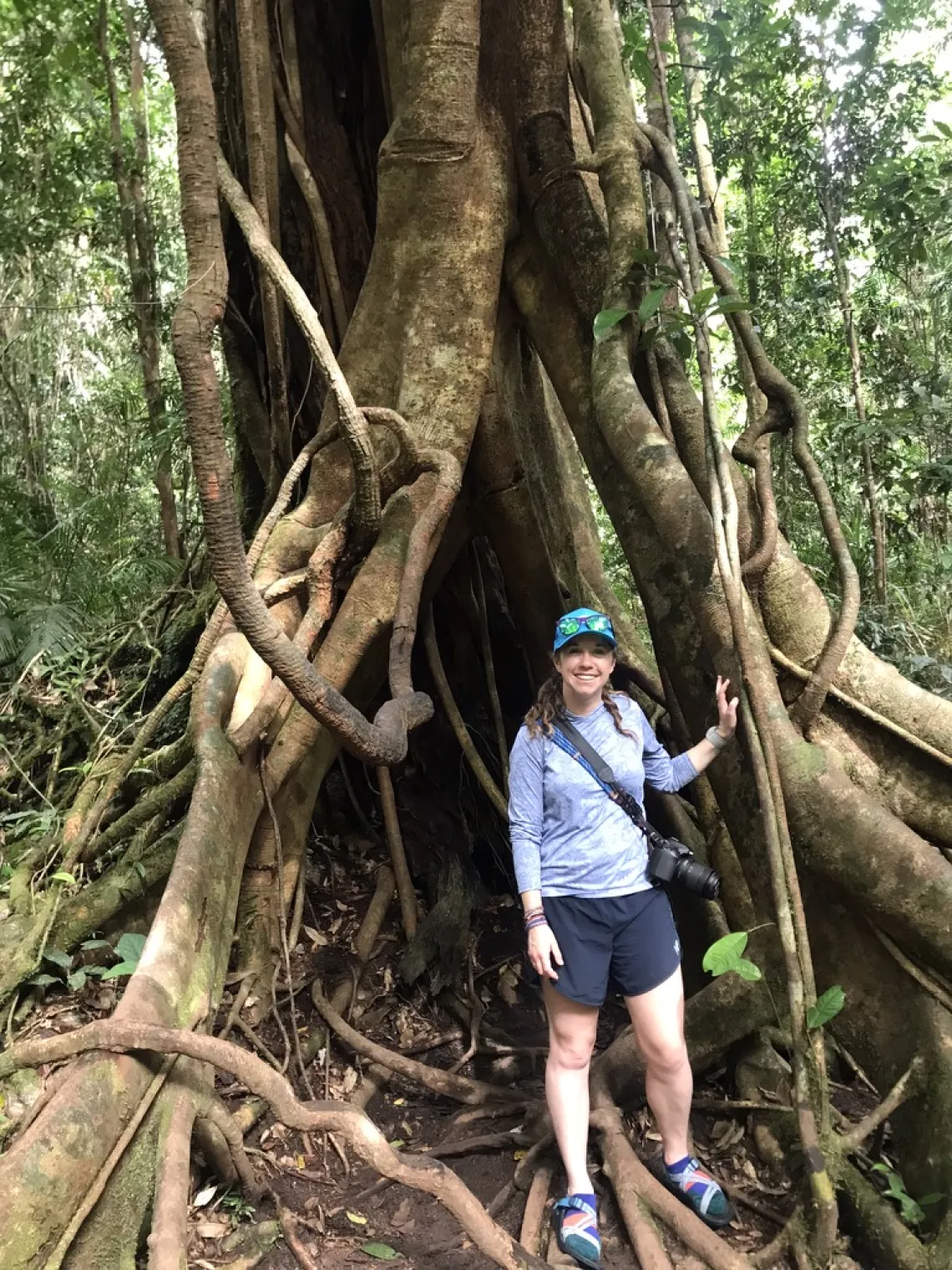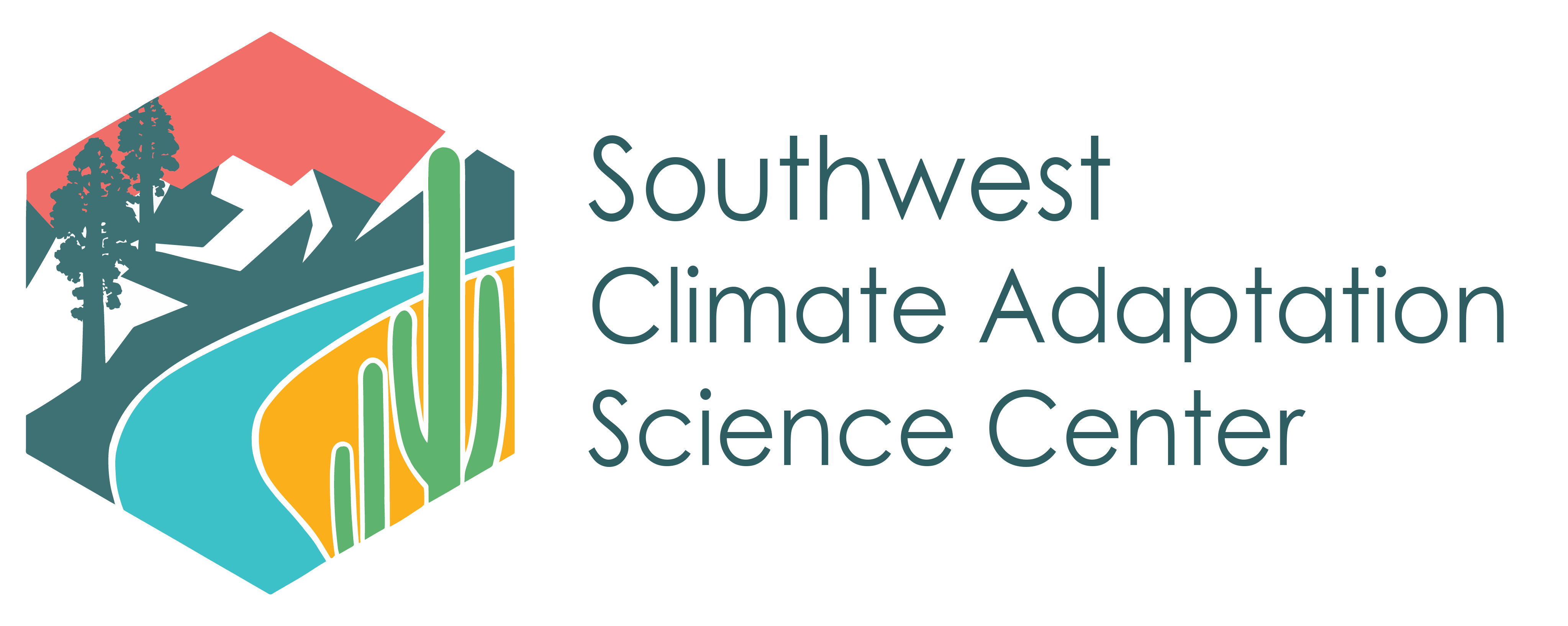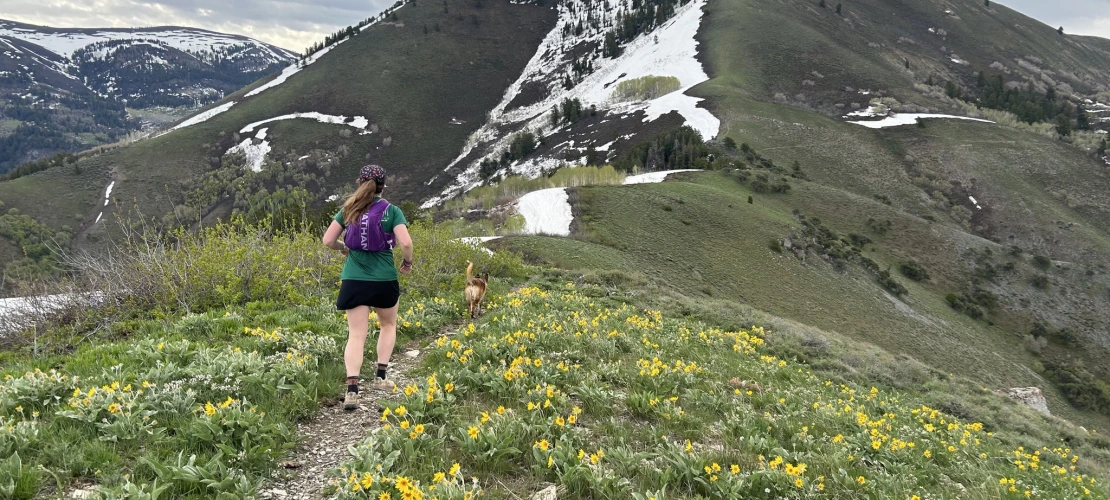Lessons Learned from a Collaborative, Transdisciplinary Science Fellowship

Collaboration is critical for the advancement of science and the protection of our natural resources. Whether it is within a group of scientists conducting a research project, between scientists and politicians designing legislation, or among students and educators training our next generation of environmental leaders. Collaboration is critical for progress.
The SW CASC Natural Resource Workforce Development (NRWD) Fellowship provides graduate students the opportunity to work with a transdisciplinary team of scientists to use actionable science to address a current environmental issue within the Southwest region. As part of the fellowship, students learn and practice important collaboration skills such as communication, team management, and conflict management. Additionally, we are given the opportunity to work with land managers, local communities, and government officials to work on skills relevant to co-produced science.
As I reflect on my experience over the last year working with a transdisciplinary group of graduate students, I have created a list of lessons and skills that I will take away from this experience. This Fellowship, as well as several other past experiences, have helped shape important interpersonal skills, particularly communication and team skills, which I believe are some of the most important skills for conducting research as an aquatic ecologist on a transdisciplinary team.
Lessons that I learned as a NRWD Fellow:
1. Communication is key. Communicate your thoughts with tact, respect, and empathy.
2. Working on transdisciplinary teams can be difficult at times, but extremely rewarding.
3. Disagreements will arise, but don’t be afraid of disagreements. Great ideas can come from discussions of opposing ideas.
4. Compromises are necessary.
5. Listen and be patient.
6. Give constructive feedback, not criticism.
7. Extra time must be built into research timelines when conducting co-produced science.
8. Ask for help with tasks when you are feeling overwhelmed or busy.
9. Building trusting relationships within communities takes time and cannot be rushed.
And most importantly,
10. It is very fun to work with other brilliant graduate students on impactful research!



